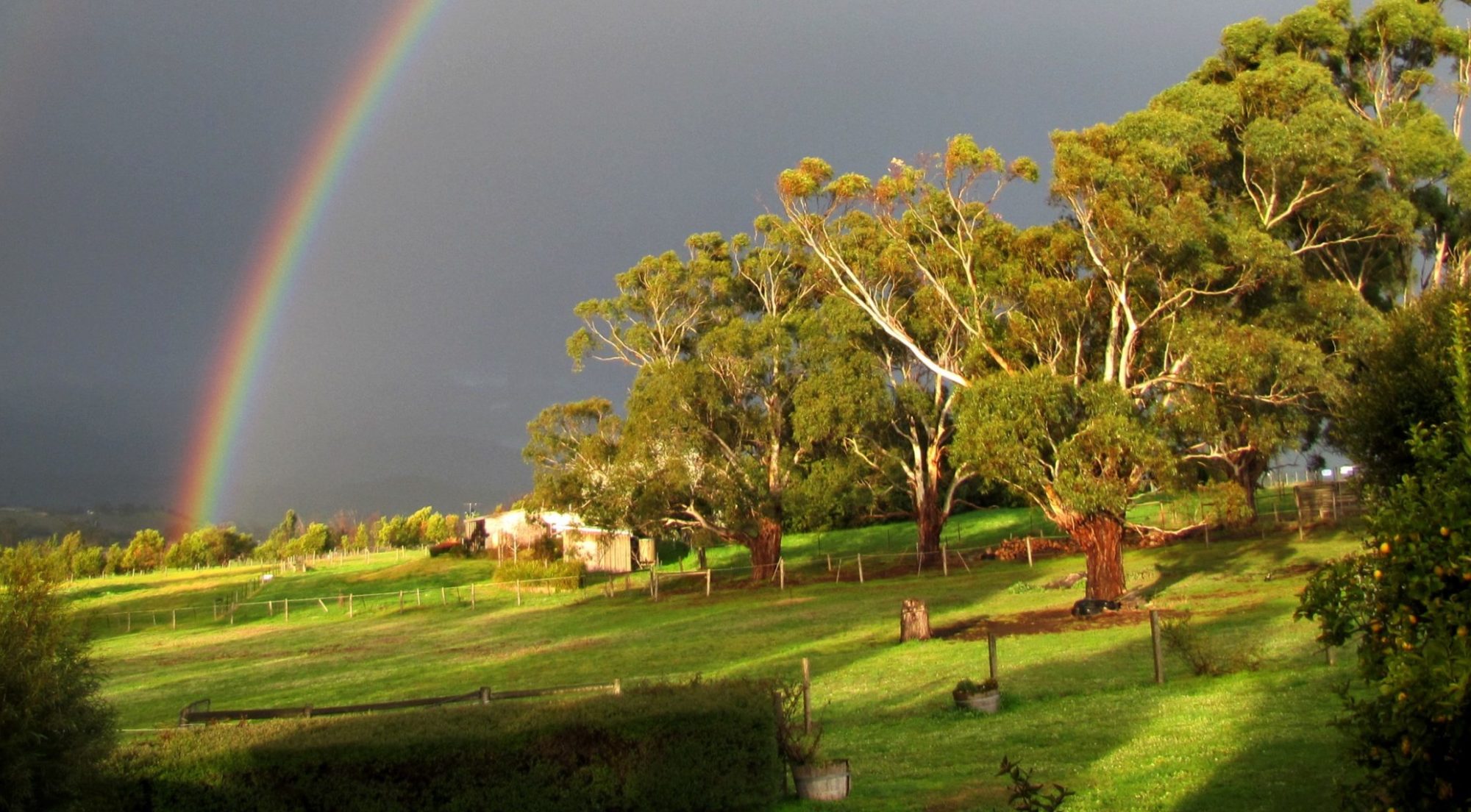I think if you asked most Christians what the most significant event was that occurred at Jesus Christ’s Last Supper, the answer you would get would be, The Institution of the Eucharist.
I wonder whether maybe we are missing the point here or whether this is the answer we have been taught to give by those who would benefit most from this response? Let us look a little at what transpired on this special evening.
Firstly, Jesus wanted to eat the Passover meal with those who were closest to Him. They already had been told his time with them was nearing an end, “My little children, I will not be with you much longer – Now I am going to the one who sent me – In a short time you will no longer see me, then in a short time you will see me again.” The disciples were confused, yet he was still with them and still giving them instruction as he washed their feet.
While they were eating, Jesus was aware this would be the last meal he would share with his friends. He had taught them and shown them by his actions what he needed them to know. Jesus took some bread and when he had said the blessing, he broke it and gave it to his disciples. ‘Take and eat,’ he said, ‘this is my body.’ He gave them himself. He had nothing else to give them before he left them but his human self. (Greater love hath no man……) Here was the greatest act of love that he could give them. Referred to by some as the Celebration of the Eucharist. But we don’t celebrate death we commemorate it. We celebrate life.
It wasn’t until after the supper that the true significance of what was about to happen should have dawned on the disciples. For Jesus gave them the cup of wine telling them that ‘this is my blood, the blood of the new and everlasting covenant, the mystery of faith that will be shed for you and for many.’ He told them ‘He would not leave them orphaned.’ The new and everlasting covenant meant he would be with them forever.
God had given His people covenants over the ages which generally were rules by which to live, for example, the Ten Commandments. However, this was a new and everlasting covenant to be sealed with His own blood as was the blood of the lamb on the Jewish door posts, the festival of which they were celebrating.
After the Resurrection, Jesus was a Divine Spirit. If he was to be with us forever then he would be with us in conjunction with The Father and the Holy Spirit. He would be with us as a Divine Presence. The mystery of faith was for us to believe in the New Covenant that allowed us to live our life within the Divine Presence. ‘Father, may they be one in us as you are in me and I am in you.’
While the disciples might have ‘recognised Him in the breaking of the bread’ after the Resurrection, the Body of the human Christ we receive as the Eucharist (from the Greek for ‘Thanksgiving’) is surely food for our journey but without the New Covenant and our life within the Divine Presence there would be no journey.
I’m Peter Mack and that’s how I feel
